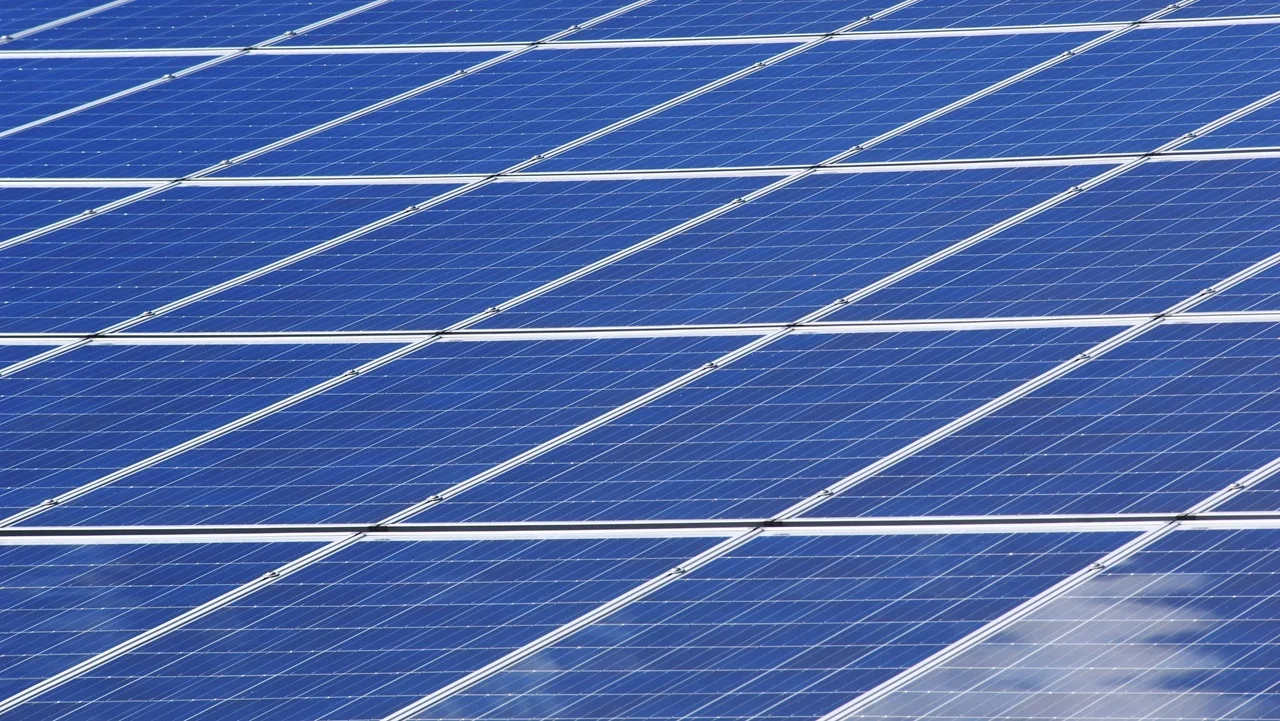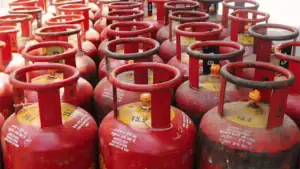The government is considering a significant reduction in the net-metering tariff paid to rooftop solar power users, citing a sharp drop in daytime electricity demand during winter and increasing surplus generation from solar systems, officials said.
The buyback rate for surplus electricity fed into the national grid may be reduced from the current Rs. 22 per unit to around Rs. 11.30 per unit. The Prime Minister has directed the relevant authorities to review the tariff structure and submit revised recommendations.
Officials noted that the rapid expansion of rooftop solar installations has begun to place a substantial financial strain on the electricity distribution system. The cost burden is being indirectly passed on to users who remain dependent on the national grid, amounting to nearly Rs. 2 per unit, they said.
Government data shows that the growing shift towards rooftop solar led to a reduction of 3.2 billion units in power purchased from the grid, causing a revenue loss of approximately Rs. 101 billion for distribution companies. As a result, consumer tariffs were increased by about Rs. 0.9 per kilowatt-hour to cover the shortfall.
READ MORE: Pakistan Sees 6,000MW Drop in Daytime Electricity Demand Due to Solar Power
Projections by the Power Division warn that if the current trend continues, annual power sales lost to self-generation could rise to 18.8 billion units by the fiscal year 2034. This would translate into an estimated revenue impact of Rs. 545 billion, potentially pushing consumer electricity prices higher by Rs. 5 to Rs. 6 per unit.
Officials described the situation as “serious,” adding that the matter has now reached the level of direct intervention by the Prime Minister. During a meeting held on October 22, the Prime Minister instructed the National Electric Power Regulatory Authority (NEPRA) and the Power Division to reassess and verify the buyback tariff mechanism.
The system, they added, is effectively being used by solar households as a substitute for battery storage, allowing them to rely on the national grid as a backup without bearing proportional system costs.
Via Jang









